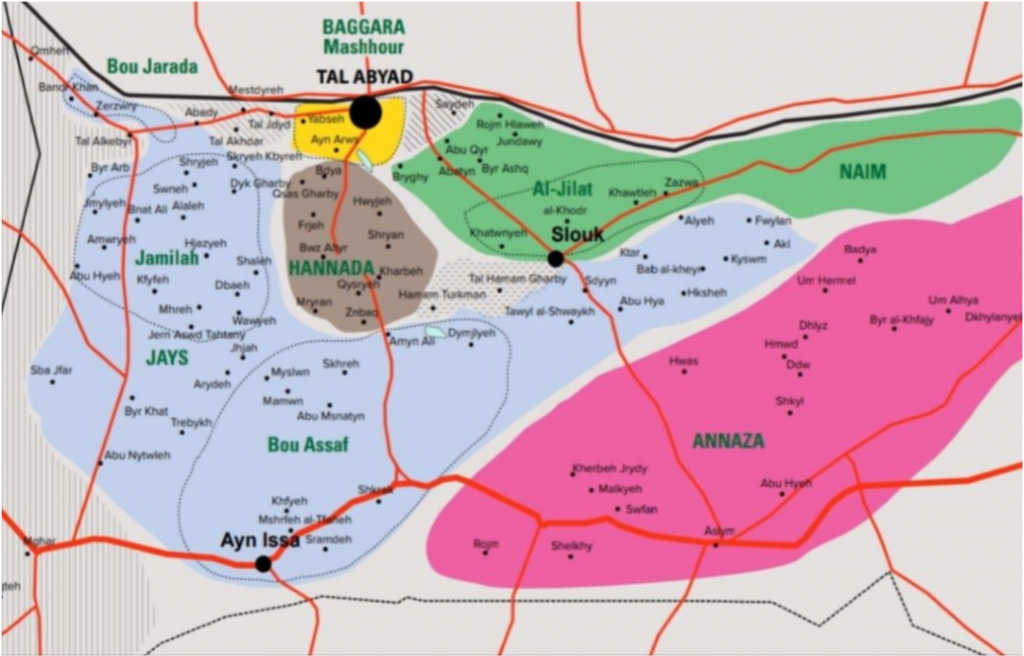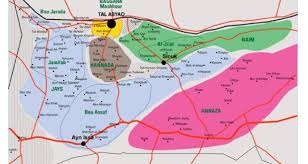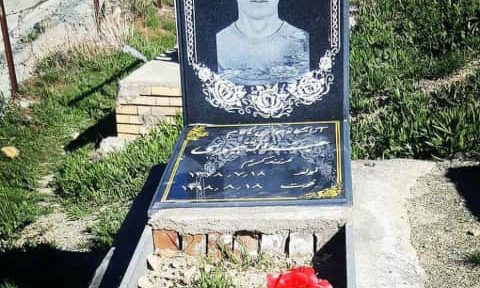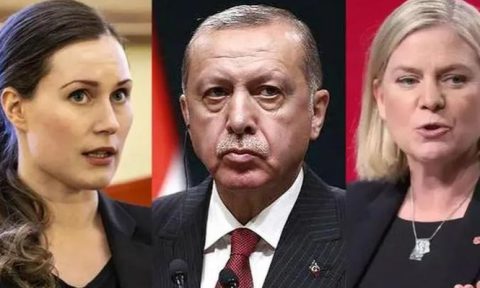At the 2004 census, the Tell Abyad district had a population of 129,714. The majority of inhabitants were Sunni Arabs, with considerable Sunni Kurdish and Sunni Turkmen minorities. The western part of the district was mainly inhabited by Kurds, the Turkmens were mainly concentrated south west of Suluk and the town itself and the rest of the district were almost all Arabs.
Both the town and the countryside were roughly 70 percent Arab, 25 percent Kurdish, and 5% Turkmen, along with some Armenians.
Earliest reports of the formation of Rojava, a kurdish statelet in North-Syria – long before YPG started campaigning confederalism – mention Tell Abyad as the Achilles Heel of the Syrian Kurdish belt. The district’s ethnic composition and strategic position made it the weakest point of the YPG defense system, and the most likely entryway for Turkish troops and their proxies in a long foreseen Turkish insurgence.
The Arab’s structures and the Kurdish YPG’s radical ideology do not match. In fact, the differences can be described as a paradox. The Kurds no longer pay much heed to traditional tribal structures, but the tribal system still dominates Arab society in Tell Abyad. Long protected by Syria’s Baath government, Arab tribal leaders have retained their status as notables and their capacity for political mobilization. The main tribe in Tal Abyad district is the Jays, divided into three powerful clans: the Bou Assaf, who were considerably close to the YPG, and the Jamilah and Bou Jarada, who were very anti-YPG from the first day. Less prominent local tribes are the Naim, Hannada, Baggara, and Annaza. Two Turkmen collectives, the Slouk and Hamam Turkmen, also constitute tribes.

In October 2015, Amnesty International accused the YPG of conducting an ethnic cleansing campaign against Arabs because some villages were reported to be deserted. Kurdish authorities responded that the residents had fled because they were Islamic State (IS) supporters who feared reprisals once the terrorist organization was forced out of the area. Whether or not that claim was true in these particular villages, many Arabs who backed IS did in fact flee Tal Abyad for that reason.
A six-month investigation showed that the militia has evicted Arabs from their homes at gunpoint starting in 2013 and subsequently has blown up, torched, or bulldozed their homes and villages. The investigators interviewed more than 80 Arabs and Syrian Kurdish refugees in the region as well as militia officials, former militia members, former Syrian government officials, political activists, and officials in Iraqi Kurdistan.
The pace of the expulsions picked up dramatically after the United States began joint operations against the Islamic State in Syria in mid-2015, as the Kurdish militia threatened Arabs with air strikes if they didn’t leave their villages. While they slowed in 2016 as the militia took full control of the surroundings of the Tell Abyad area, including Arab regions Raqqah and Deir ez-Zor. But expulsions continued even as the militia turned on its political rivals and jailed, tortured, or expelled them.
Moreover, some Arabs who have lived under the YPG’s jurisdiction after 2016 have complained about local Kurdification efforts, including property confiscation and exclusionary school curricula.
The YPG however denies any wrongdoing. “Expulsions never happened in the past and they will not happen in the future,” said Sihanouk Dibo, a spokesman and senior adviser for the Democratic Union Party (PYD), the political wing of the YPG. He said the alliance between the YPG and the (US-led) international coalition against ISIS “is another reason why such violations can’t happen.” Naming the international coalition is a way they frequently try to win trust.
After the Turkish invasion on the Syrian town Tell Abyad in october 2019, Turkey has now started to quietly move back hundreds of Arab families to the district, changing the area’s demographics for the second time. The kurdish population have all fled to Turkey, Iraqi Kurdistan and to YPG-held areas.
This time, the YPG pulls the ‘ethnic cleansing’ card, flooding social media with Turkey’s crimes and states that the Turkish-backed proxies have been taking over vacant houses of Kurdish ownership. Crimes, that they have committed themselves before. Houses, that belonged to Arabs since the foundation of the city in 1920, long before the Kurds occupied the area.










